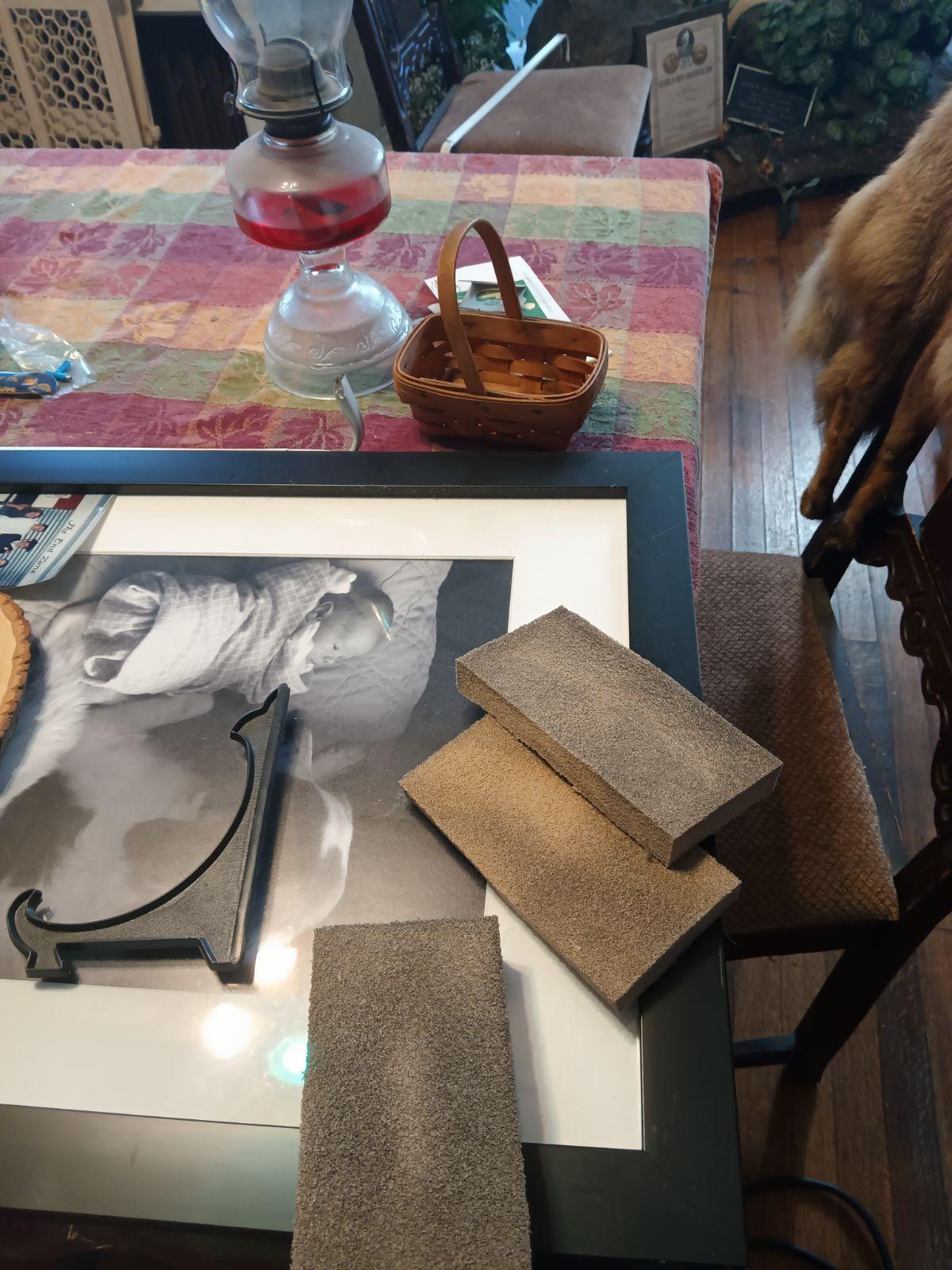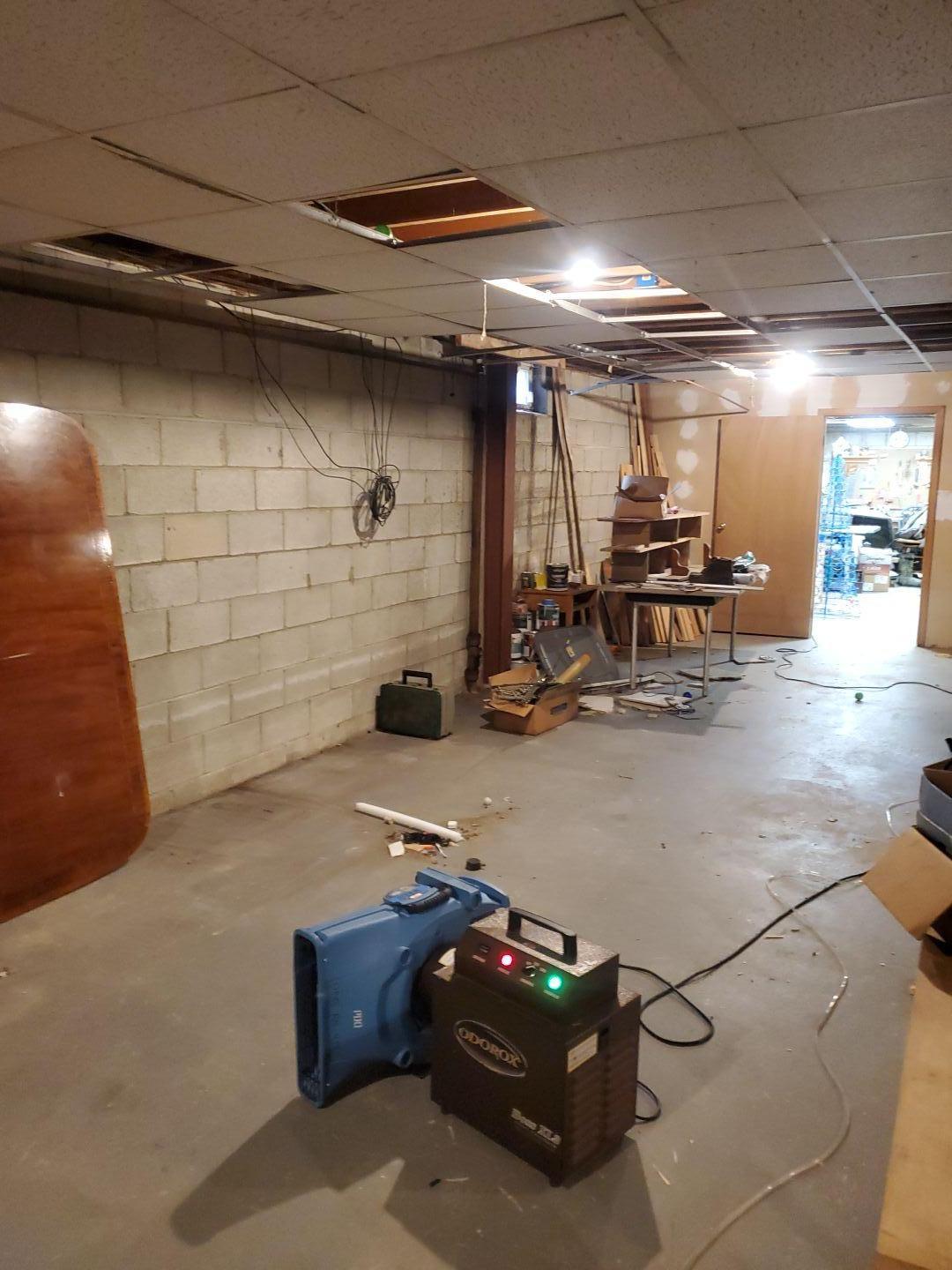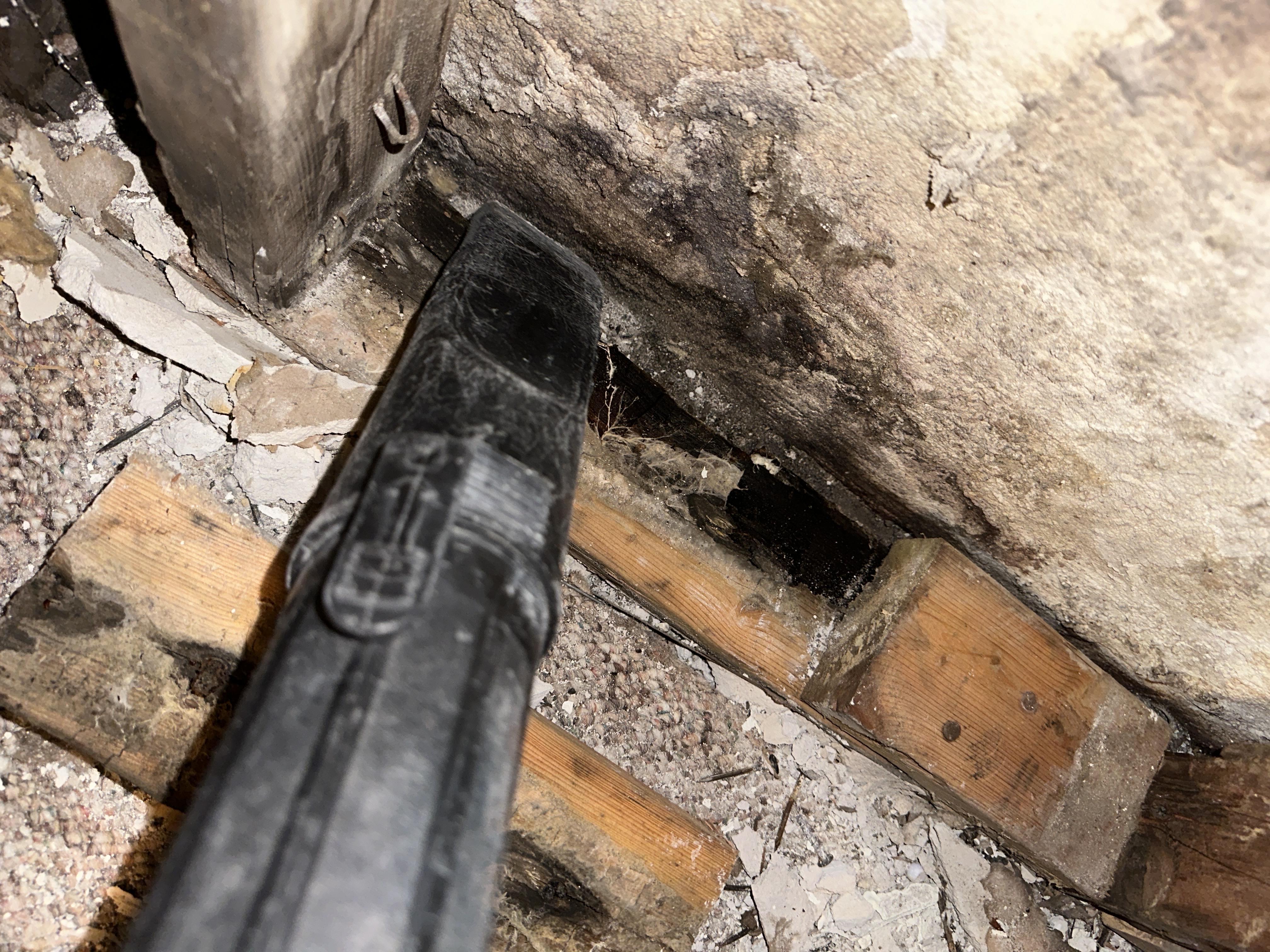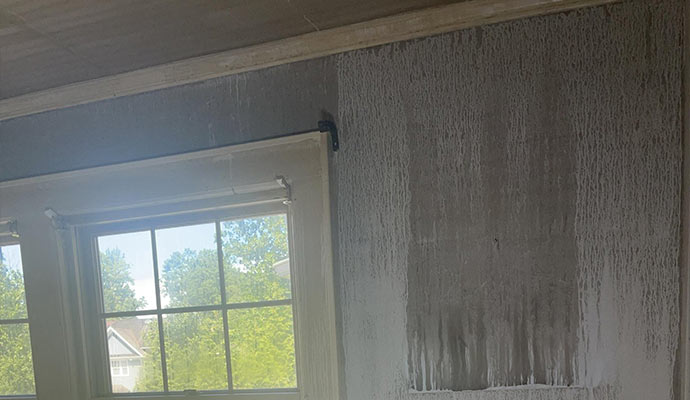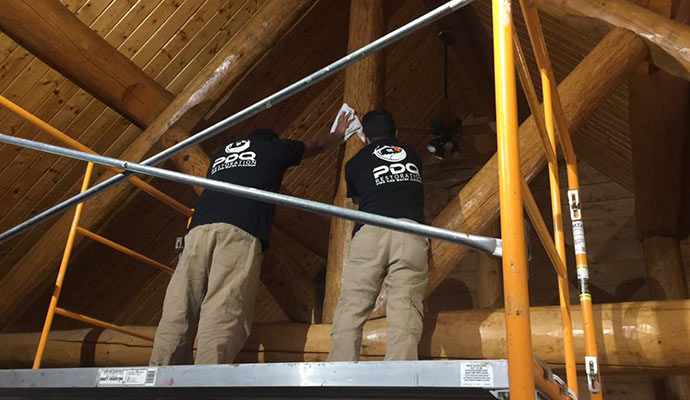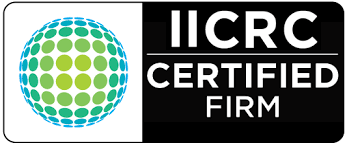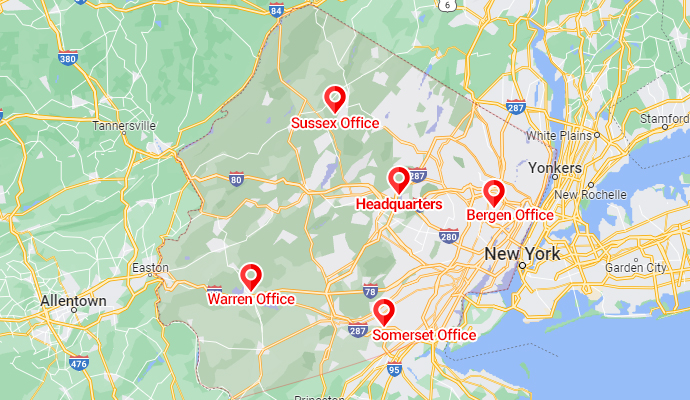Does Smoke and Soot Exposure have a Negative Impact on Your Pets?

We’ve received this question time and time again when a customer is deciding whether they need to complete a large-scale soot cleanup after smoke damage has occurred within their home.
“There’s only a minor smell, if there’s soot still in the air, is it hurting my pets?” This is the kind of question we get and we’re here to break this question down for you to best make the decision of whether a soot cleanup is imperative for your home.
The good news is your pets are obviously lower to the ground and the highest level of air quality can be found the lower you get. So, your pets are theoretically breathing the purest forms of oxygen by being down low. The bad news, however, by being lower to the ground, your pets are also frequenting the locations where soot build up would be present (i.e., floors, furniture surfaces, etc.). Additionally, soot is a negatively charged particle and because of it’s make-up, it is attracted to your pet’s fur due to static electricity.
What is Smoke Inhalation?

When a fire takes place, it produces a variety of harmful substances within the air it has contaminated. These varying substances can negatively affect your pet’s airways, lungs and overall well-being. Smoke inhalation injuries in pets can occur with exposure to smoke in both large and small capacities, so it’s important to understand more about these harmful substances to determine if a restorative cleanup is needed to protect yourself and your pets.
Some of the harmful substances alluded to above include the following:
- Carbon monoxide – A colorless, odorless gas that can enter the bloodstream through inhalation and negatively impact the body’s ability to deliver oxygen to organs and tissues necessary for sustaining life.
- Hydrogen cyanide – Released when plastic and other synthetic materials burn and also impacts the body’s ability to deliver oxygen to the right places.
- Chemical irritants – Smoke caused by fire is full of harmful chemical irritants, which can trigger airway inflammation and breathing restriction as well as cause severe lung damage.
- Thermal injury – Just because there are no flames does not mean that there is no heat. The heat contained within smoke can lead to harmful burns within the airway and lungs, causing severe swelling and inflammation and impaired breathing.
What are the Signs of Smoke Inhalation?

Signs of smoke inhalation in pets can vary based on the amount of smoke ingested, the level of irritants within the smoke, how long the pet was exposed to the smoke, etc.
As you can imagine, a pet that has experienced a higher level of exposure to the harmful chemicals found within smoke could also experience higher levels of impairment and negative impacts.
The most common signs of smoke inhalation within pets can be seen through respiratory signs. Pets who have experienced any level of smoke inhalation could show signs of coughing, gagging, labored breathing, shortness of breath, increased heart rate or wheezing.
There is also evidence of significant impact to the eyes of pets who have fallen victim to smoke inhalation. The harmful irritants and heat levels found within smoke clouds mentioned earlier can cause significant damage to your pet’s eyes including redness of the eyes (conjunctivitis), irritation of the eyes or you may even notice that your pet is squinting due to pain within the eyes.
Another common side effect of smoke exposure within pets is heat burns. These can be found around the face and mouth and can cause blisters or discharge that is painful to pets.
Neurological symptoms may also come into play when a pet has been exposed to smoke. During the smoke exposure period, the brain is severely deprived of oxygen, causing signs of weakness, lethargy, seizures or even inducing a comatose state. Pets may also experience excessive drooling or vomiting and even a red discoloration of the gums when exposed to carbon monoxide.
Smoke Exposure and Toxicity to Pets
When a fire takes place in a confined space, pets usually cower from the flames in a tight corner where smoke inhalation will occur. Harmful chemicals released from burning materials within the home including carbon monoxide, carbon dioxide and other harmful irritants can result in serious lung injury in your beloved furry friends. Signs of smoke inhalation can include inflammation, swelling, labored breathing and burns to the pets’ skin. Signs of respiratory issues are most commonly found with pets who have been exposed to smoke and there are also neurological impairments that may be experienced in the amount of exposure was high.
If you suspect your pet could have been exposed to smoke and they are showing signs of smoke inhalation, you should contact your vet immediately. It’s also imperative that you complete a proper soot cleanup in your home with haste. Do not continue to risk endangering yourself, your family and your beloved pets with the presence of harmful soot in your home.
If your family falls victim to a house fire, do not attempt to rescue your pet, but rely on firefighters to take care of this process. If the paramedics brought oxygen tanks to the scene, we highly recommend that you provide some to your pets to help in the prevention of carbon monoxide poisoning as quickly as possible.
Common Smoke Inhalation Signs to Watch for:
- Weakness/lethargy
- Seizures
- Comatose state
- Squinting of the eyes
- Ocular burns
- Increased heart rate
- Difficulty breathing
- Open-mouthed breathing in cats
- Foaming at the mouth
- Walking ‘drunk’
- Burns, swelling or inflammation of the mouth, eyes, skin, upper airway
- Smoke smell on the fur

